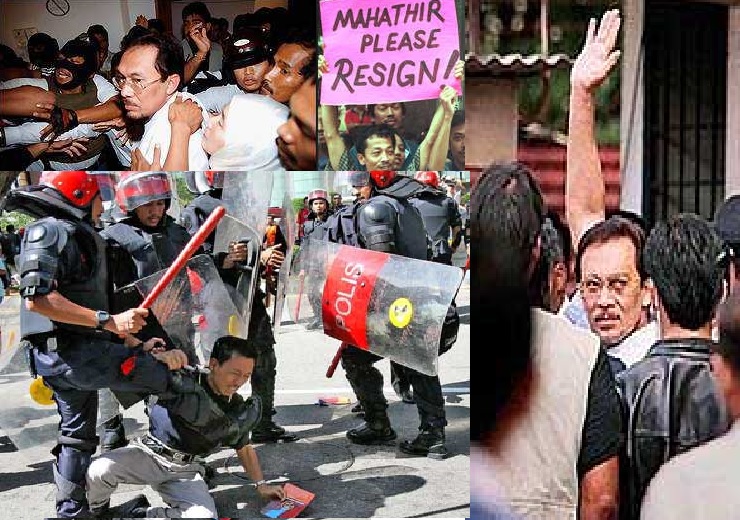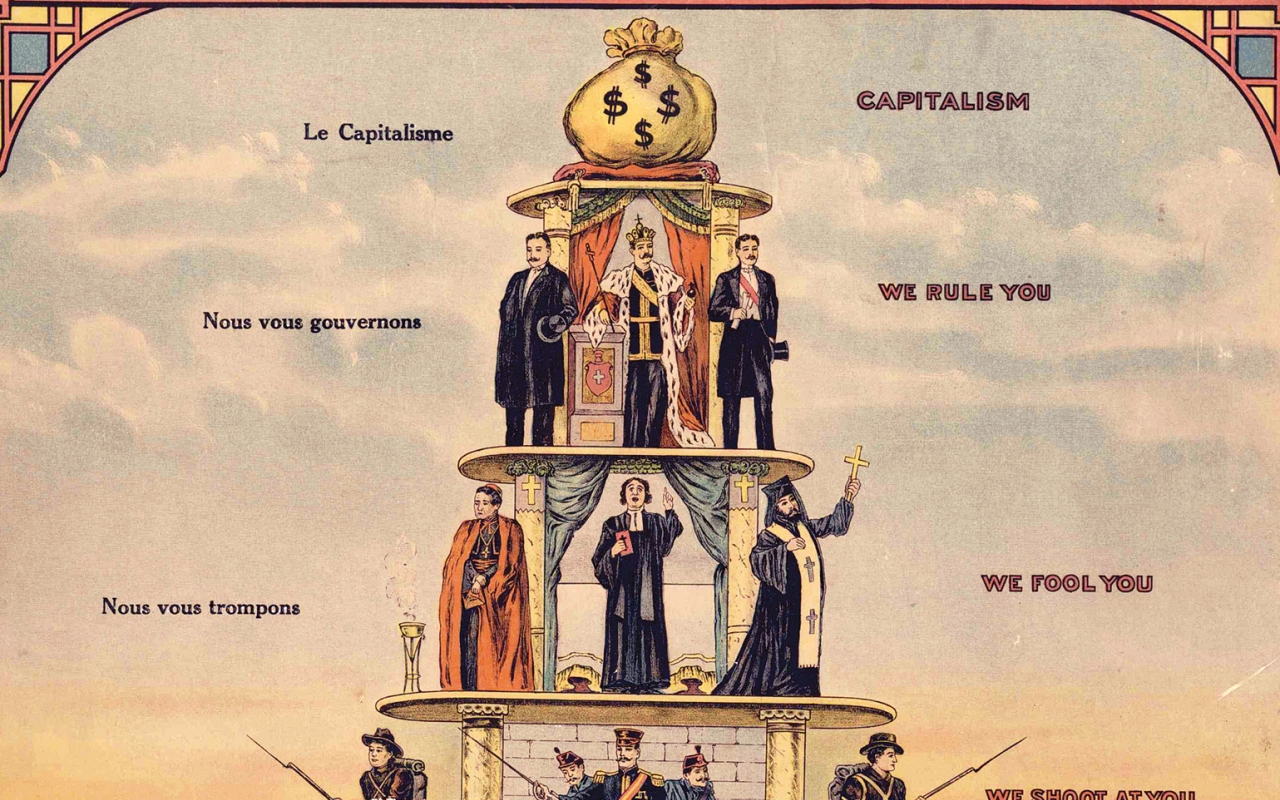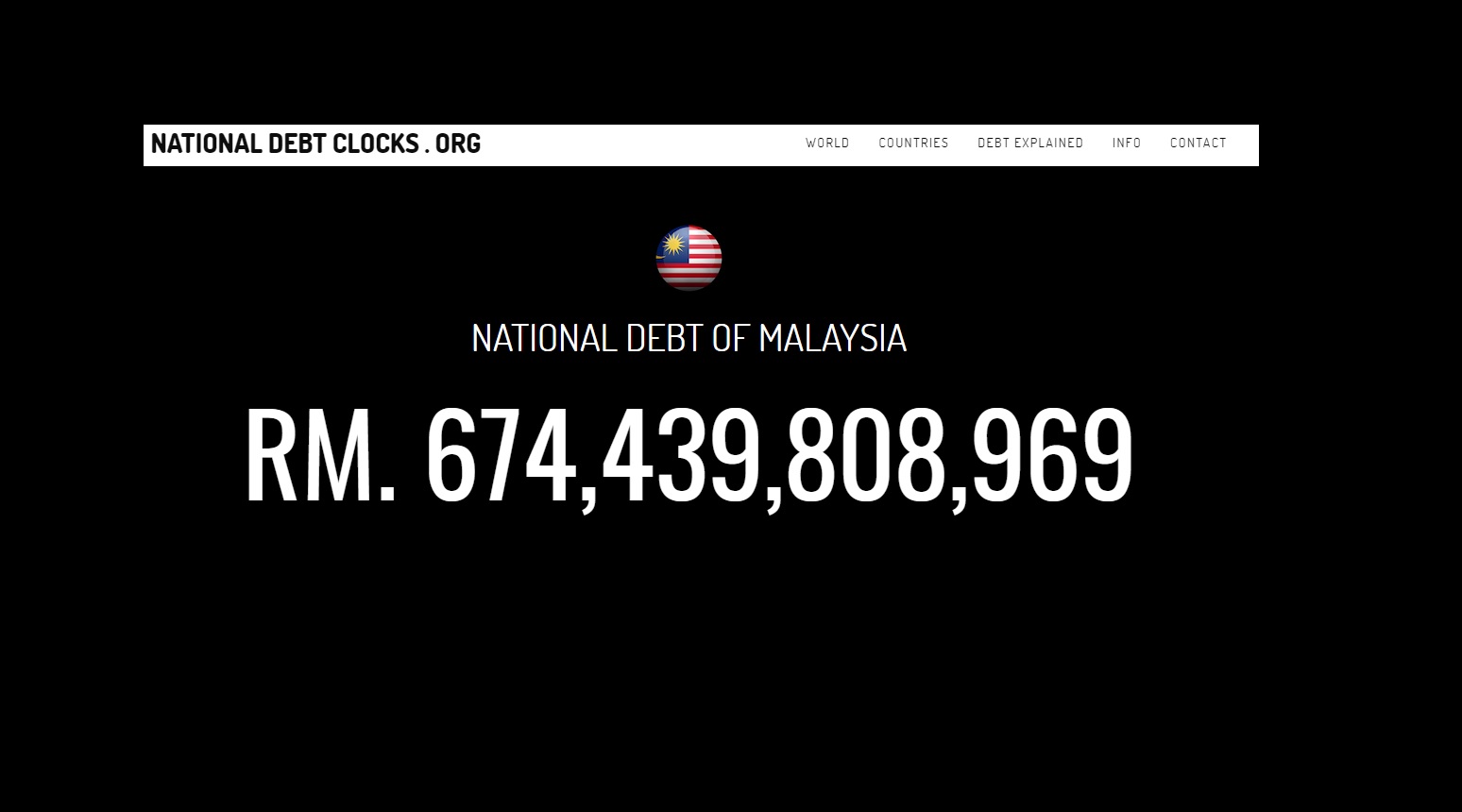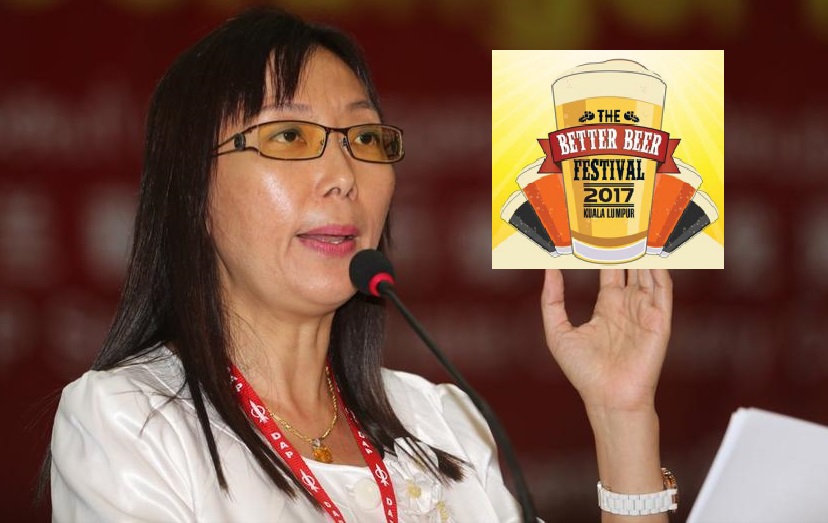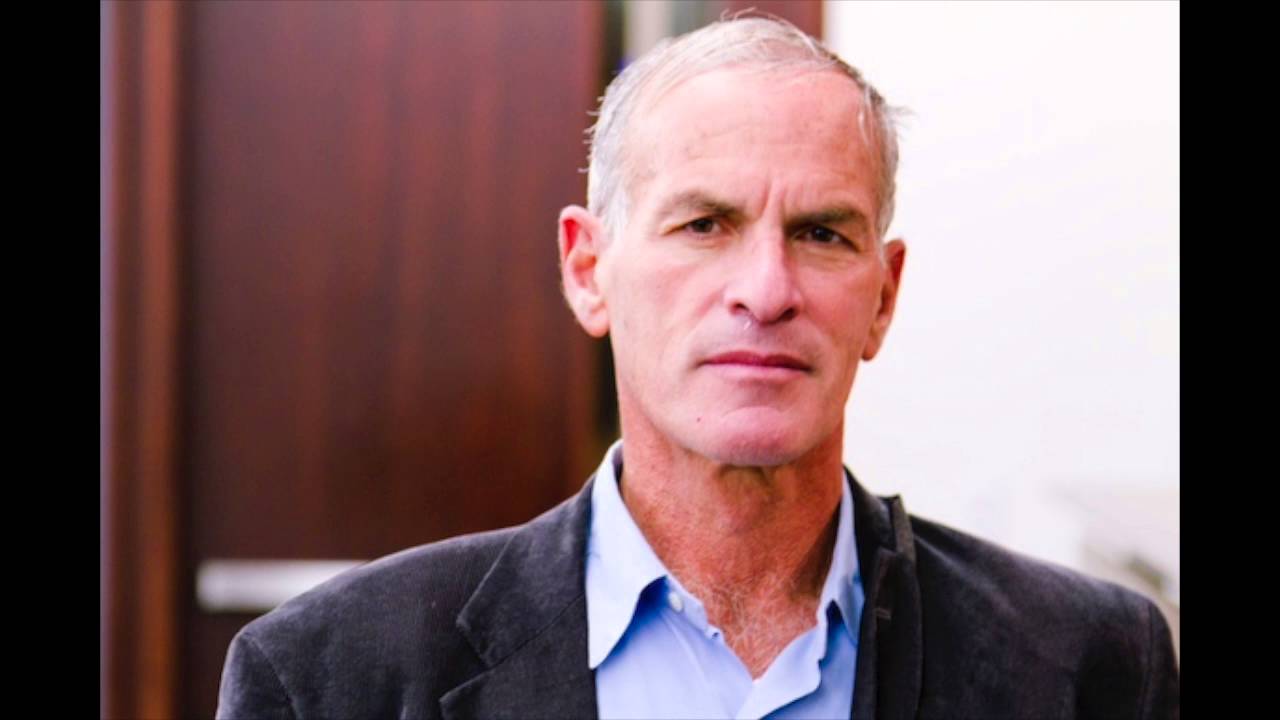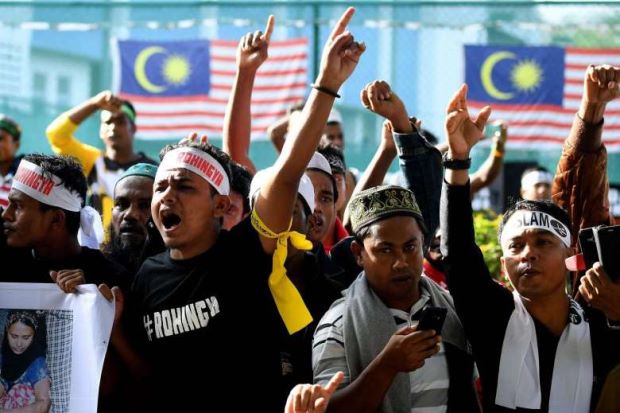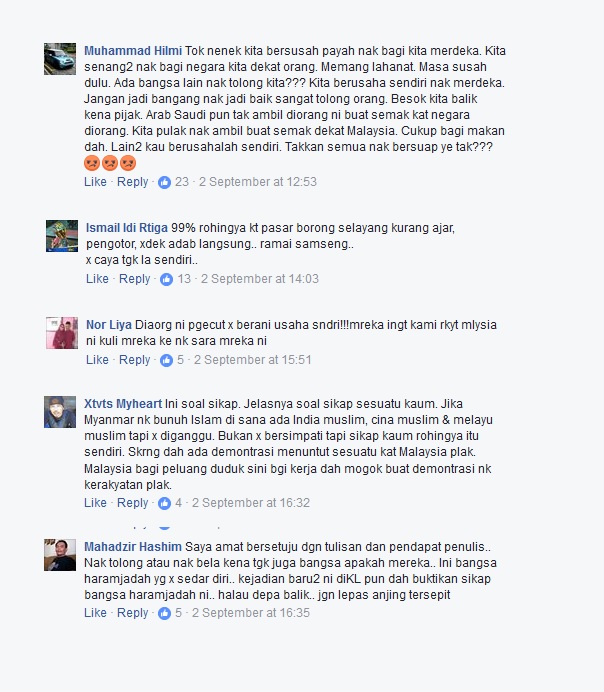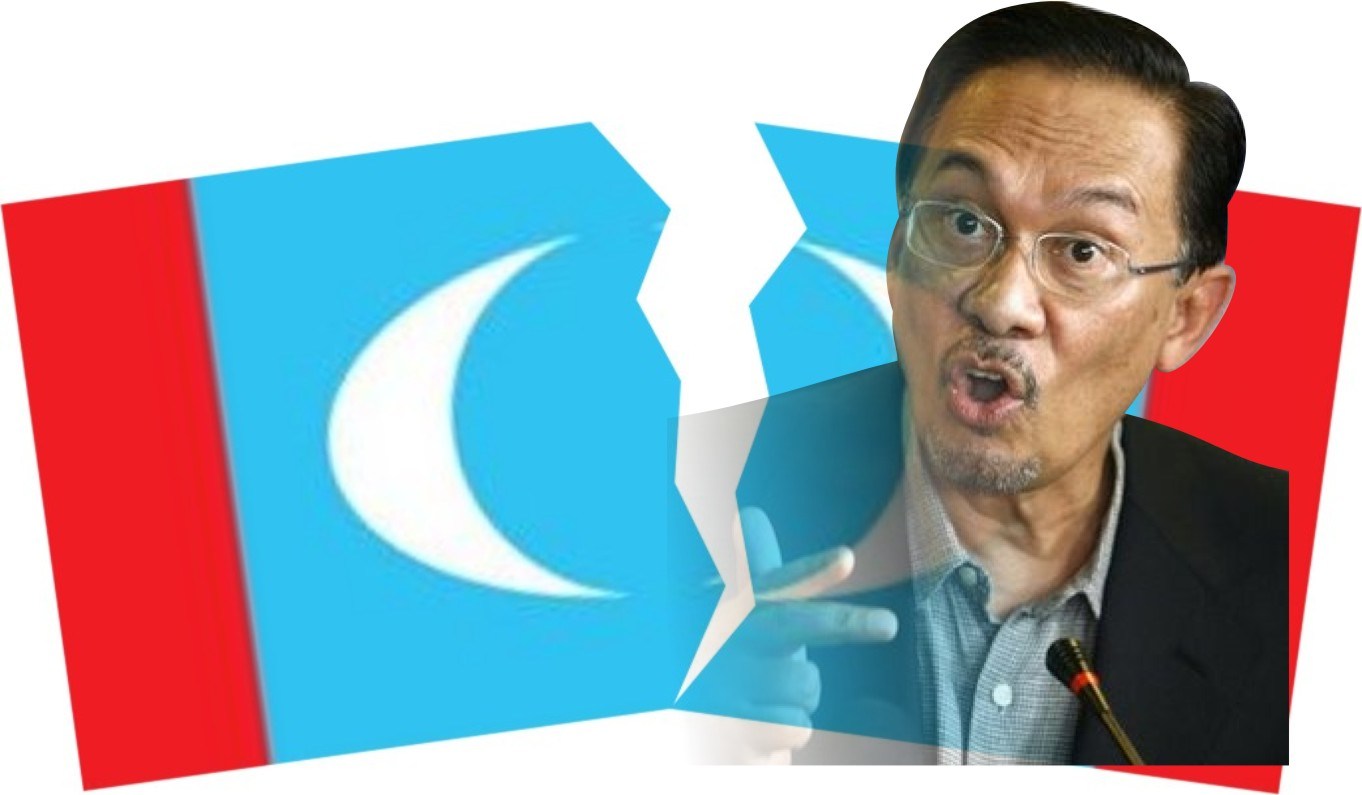
Ajaib apabila kita guna istilah politik kitar semula kita dikatakan tiada akhlak Islam. Sementara pemimpin-pemimpin mereka sendiri menggunakan istilah yang sama. Orang yang sama juga mencaci orang lain dengan gelaran ‘macai’ dan ‘pemakan dedak’. Adakah kita boleh mencaci orang lain jika dia bukan pemimpin kesayangan kita. Belum pernah saya dengar definisi Islam sebegini sepanjang 28 tahun saya menjadi orang Islam.
Saya pernah menulis berkenaan dengan bagaimana pembangkang gagal menangkap imaginasi rakyat, dan hari ini saya semakin yakin. Kita menyokong agenda-agenda membantu rakyat, baik dari PH atau BN, perlu adil dalam sokongan. Kita membaca bagaimana di US Bernie Sanders membawa pemikiran kesihatan sebagai “human right”. Parti buruh di negara lain bawa perjuangan pendidikan percuma. Di negara ini perjuangannya siaran EPL percuma? Saya teringin bertanya kepada pengemis di Jeti Pulau Pinang sama ada dia menyokong Machester United atau Liverpool. Dan saya tak terperanjat jika dia meludah muka saya lepas saya bertanya.
Ternyata parti pembangkang hari ini sudah menjadi golongan elitis, out of touch dari general public. Kemudian di tanya kenapa nak bandingkan Malaysia dengan Zimbabwe? Nak bandingkan dengan German? German tak ada pula yang nak menaikkan semula Hitler, mereka faham zaman berubah, pemimpin pun perlu berubah mengikut zaman nya. Di Perancis & Canada presidennya muda, tapi di sini pemimpin-pemimpin ‘rakyat’ mahu menaikkan pemimpin lalu yang sudah berlalu zaman nya. Mungkin rakyat bagi mereka hanya seorang, yang kini di dalam penjara. Seorang rakyat sahaja perlu diperjuangkan.
Apabila dipersoal akan keputusan. Wah “Ini keputusan syura” telah ditelusuri seerah. “Ini keputusan Majlis Presiden”. Aneh, sekiranya mahu terjun kedalam medan politik suara yang dibawa perlu lah suara rakyat kebanyakan yang bakal mengundi, bukan suara ahli jemaah tertentu. Jika perjuangan nya perjuangan rakyat mengapa tidak diambil suara rakyat, mengapa suara Majlis Presiden dalam mesyuarat tertutup sahaja diambil kira. Apakah rakyat bodoh, tidak boleh berfikir dan hanya perlu menerima keputusan yang dipaksakan pada mereka?
Saya salute pimpinan yang berani menyatakan ketidaksetujuan mereka dengan keputusan calon PM walaupun ada abang berbaju oren menjerit-jerit “Jangan jadi pengkhianat!”. Biar jadi pengkhianat golongan elitis, jangan jadi pengkhianat rakyat.
Semasa keluar parti Islam dulu zikirnya adalah tajdid siasah, kepelbagaian cara fikir, progresif tidak jumud. Bila berbeza dengan keputusan salah mereka tiba-tiba jadi pengkhianat. Sedarlah diri sebelum rakyat menyedarkan kalian di peti undi. Jangan celupar mengatakan rakyat bodoh kerana mengundi kleptokrat kalau diri sendiri sama busuk.
Saya berpendapat jika rakyat beramai-ramai tidak turun mengundi itu bukan bermakna rakyat tidak bertanggungjawab. No vote juga adalah political statement. Semasa As-Sisi di Mesir buat pilihanraya, dan ramai rakyat tidak turun, bukan bermakna rakyat Mesir bodoh, tetapi dia tahu dengan tidak mengundi dia tidak memberi legitimasi. Sama juga di Malaysia, tiada siapa berhak kata golongan yang tidak mengundi sebagai tidak bertanggungjawab. Apakah tanggungjawab rakyat mengundi antara dua pilihan yang kedua-duanya sampah?
Jika dibarat ada ungkapan “No taxation without representation” begitulah juga dengan pilihan raya. Kita tak perlu beri undi jika tiada mana-mana parti yang mewakili suara kita.
Author of several books including Berfikir Tentang Pemikiran (2018), Lalang di Lautan Ideologi (2022), Dua Sayap Ilmu (2023), Resistance Sudah Berbunga (2024), Intelektual Yang Membosankan (2024), Homo Historikus (2024), DemokRasisma (2025), dan Dari Orientalisma Hingga ke Genosida (2025). Fathi write from his home at Sungai Petani, Kedah. He like to read, write and sleep.
